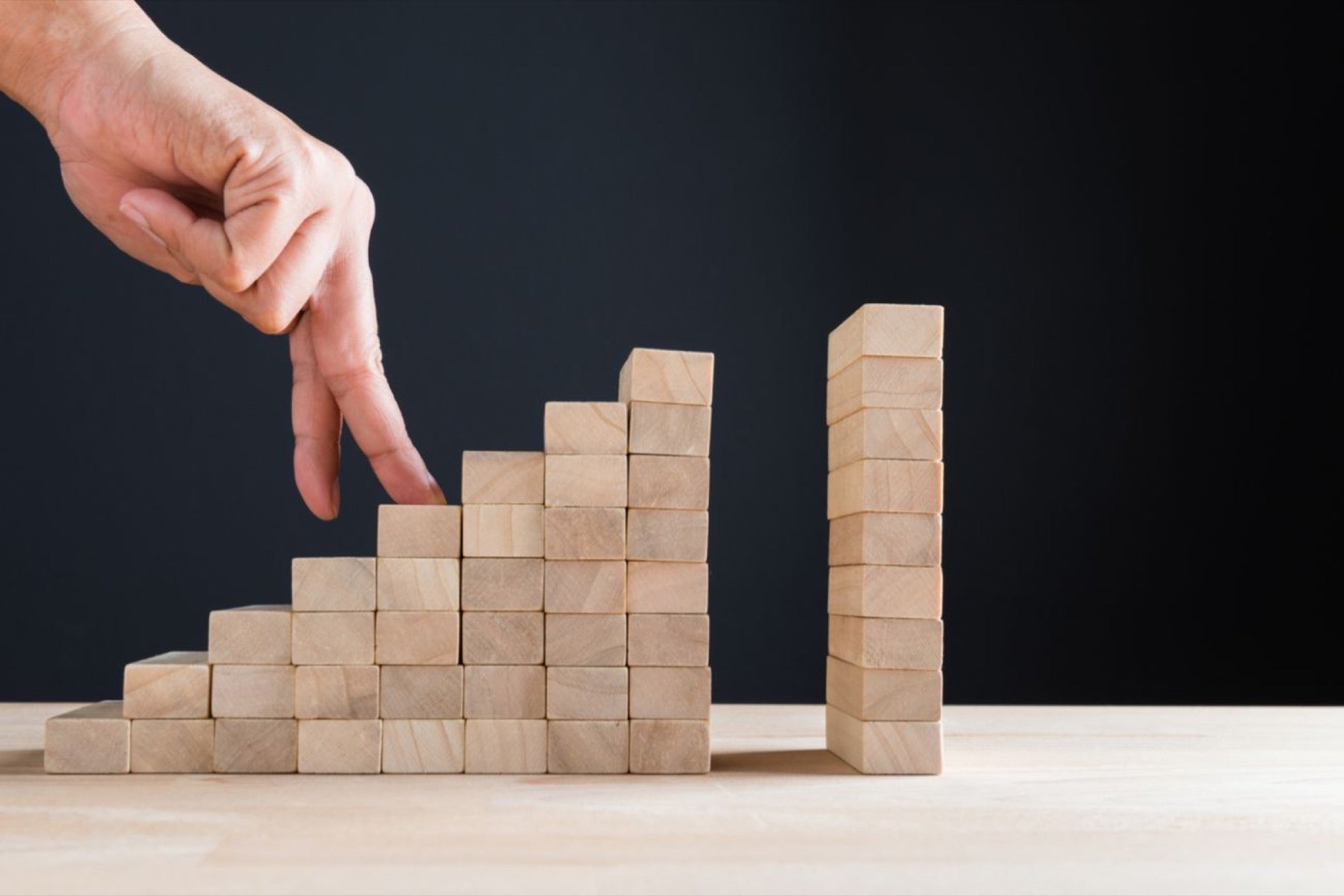How Make in India has Boosted the Manufacturing Sector We don't want India to be recognized as a country having a cheap labour force but as a country manufacturing world class goods
Opinions expressed by Entrepreneur contributors are their own.
You're reading Entrepreneur India, an international franchise of Entrepreneur Media.

After make in India initiative consumer electronics have started manufacturing again in India and this is a big boost not only for the manufacturers but also for the economic growth of the country. If we talk about televisions, ten years back almost all the affordable category brands use to import televisions from different countries and they had a small sales team in India, today most of the television brands want to make in India to generate employment. Companies like Kodak has also started their manufacturing units in India.
These are some the benefits from make in India:
Key Policies to Encourage Make in India: Recently the government has increased the duty on CBU that again has attracted more brands to manufacture in India. This will boost the Indian economy as the home production will increase.
Job Opportunities: In India the job opportunities have increased, especially the skilled labor for which the demand is really high, and this is promising for any developing country.
GST: After the implantation of GST, revenue of the govt has gone up. This will lead to the improved infrastructure and development of the country. Plus, parallel cash economy which was terminating the market and there was a revenue loss of $ 2 billion every year just in the television industry.
F.D.I : If we talk about SPPL in the last 3 years, Kodak which is completely based out of U.S and Thomson which is based out of France both the companies have agreed to come to India again, reason being the make in India initiative and sentiments that have gone up in the global market due to which more companies want to invest in India .
Upgrade Technology: Because of make in India the availability of raw material and machinery have gone up we have started doing a lot of backward integration (which was not possible earlier)with the help of new technology, and we will see more backward integration. Earlier TV cabinets and speaker were also imported from other countries now with all these raw materials we have started manufacturing in India which is a big step.
Challenges:
- Assembling in India: Currently most of the companies are doing the assembling in India or most consumer electronics companies import C.K.D to manufacture, we'll need a lot of upgradation in of technologies, for example, the LED panel: as no Indian company manufactures led glass panels and 70% of the cost of the LED is the glass panel. In India, we need technology companies to invest so that raw material is available in India. Another example is the semiconductor as you can see there are very few companies which are making semiconductors in India. Semiconductor and memory are required in every technology products so the government should encourage FDI on semiconductors.
Infrastructure: In the last 3-4 years infrastructure has really gone up, but there is a long way to go in terms of global ranking in India as the infrastructures needs key improvements to uplift the logistics handlings:
Roads - As per government survey 25kms of the road are being constructed every day, the highest in the last seven years. This has significantly improved but a lot more is still required, as the average truck movement per day in India is around 200-250kms which is very low compared to the other developed countries where the figures are to 600-850kms. If kilometers will increase we will save fuel and time.
Railways: Railways play a big part in terms of logistics especially when we import raw material and the government promised freight corridor and till now it has not started therefore there are a lot of delays in the shipment, these are the challenges that a manufacturer faces in India in their day to day business, whenever freight corridors will be started the SLA of inward shipment will reduce and therefore manufacturing capabilities will increase.
Water Transport: The government promised that they will join the rivers and this will improve not only the public transport but also the logistics movement in India. If we take China as an example, most of their rivers are connected and they do a lot of logistics through waterways. By doing this they save lots of logistic cost and transportation so with that their freight cost becomes less. So this is an area where India should advance and it will boost the make in India initiative
Cheap Labor: Another disadvantage that we have is cheap labor. One of the biggest challenges is that we don't want to portray to the world that India has cheap labor. We don't want India to be recognized as a cheap labourers manufacturing country so for that we need to develop more skilled labor and more young minds in India should get recognized in the world for its workmanship and new technology products should be produced.













